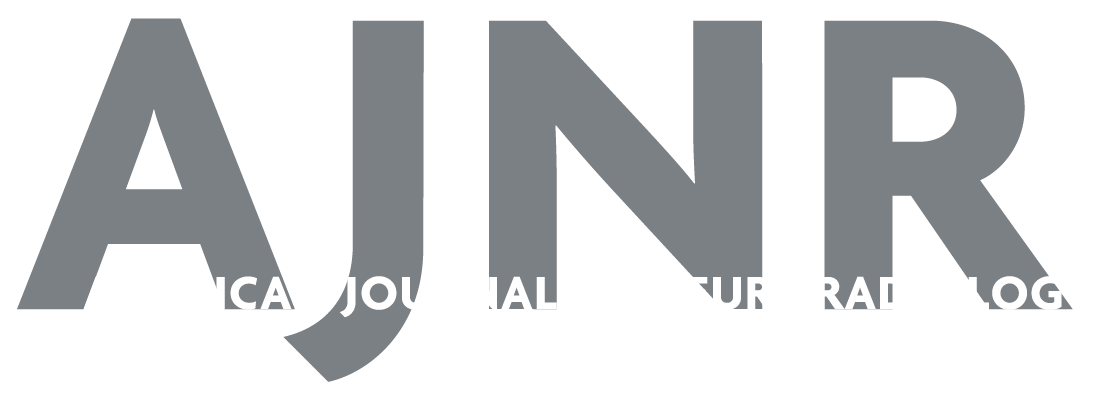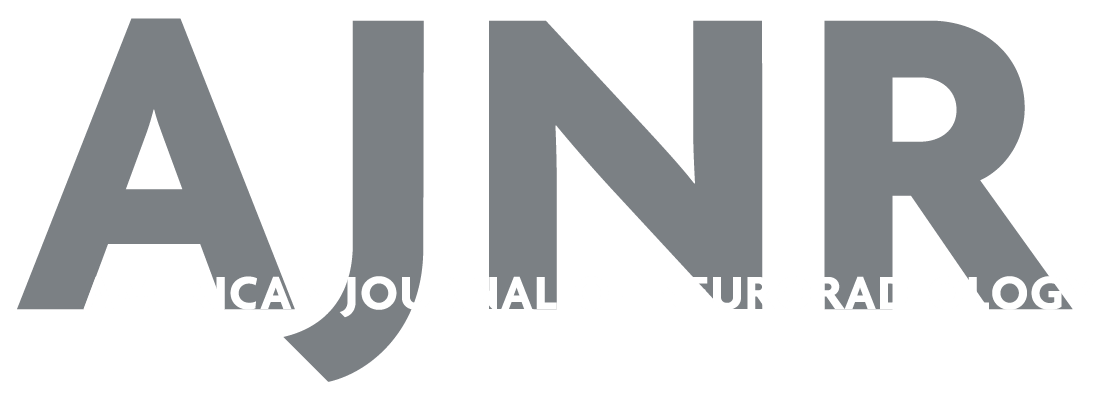This article requires a subscription to view the full text. If you have a subscription you may use the login form below to view the article. Access to this article can also be purchased.
ABSTRACT
BACKGROUND AND PURPOSE: The conspicuity of CSF-venous fistulas (CVF) on specialized myelographic imaging protocols varies, and the factors that determine their visibility have not yet been extensively studied. The purpose of this study was to determine the relative effect of two variables on CVF visibility: timing of imaging and intrathecal contrast density.
MATERIALS AND METHODS: Retrospective cohort of 24 patients with spontaneous intracranial hypotension due to a CVF who underwent a total of 34 CT myelographies. All CTM acquisitions that included the level of the known definite CVF were evaluated for (1) time passed after injection of contrast, (2) attenuation of the adjacent subarachnoid space, (3) subjective visibility of the CVF on that series,(4) attenuation of the corresponding draining vein and (5) contrast dose used.
RESULTS: A total of 131 acquisitions included the level of the known CVFs. Attenuation values of the thecal sac were significantly higher in acquisitions where the CVFs were definitely visible (average 2283 HU) than on acquisitions where the CVFs were equivocal or not visible (764 HU and 583 HU respectively). No significant difference was shown in the timing of the acquisitions between the three groups (12.8 min, 20.4 min and 17.5 min respectively). Multivariate linear regression showed thecal sac density to be the only independent predictor of the density of the CVF draining vein, while time passed after contrast injection was not independently correlated.
CONCLUSIONS: Intrathecal contrast density has a strong positive relationship with the visibility of CVF. Timing of the acquisition was not an independent predictor of CVF visibility under our acquisition protocol
ABBREVIATIONS: LDCTM = lateral decubitus CT myelography; CVF = CSF-venous fistula; IOCM = iodinated contrast media
Footnotes
The authors declare no conflicts of interest related to the content of this article.
- © 2024 by American Journal of Neuroradiology











